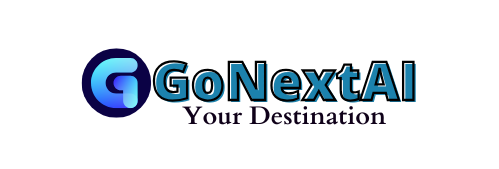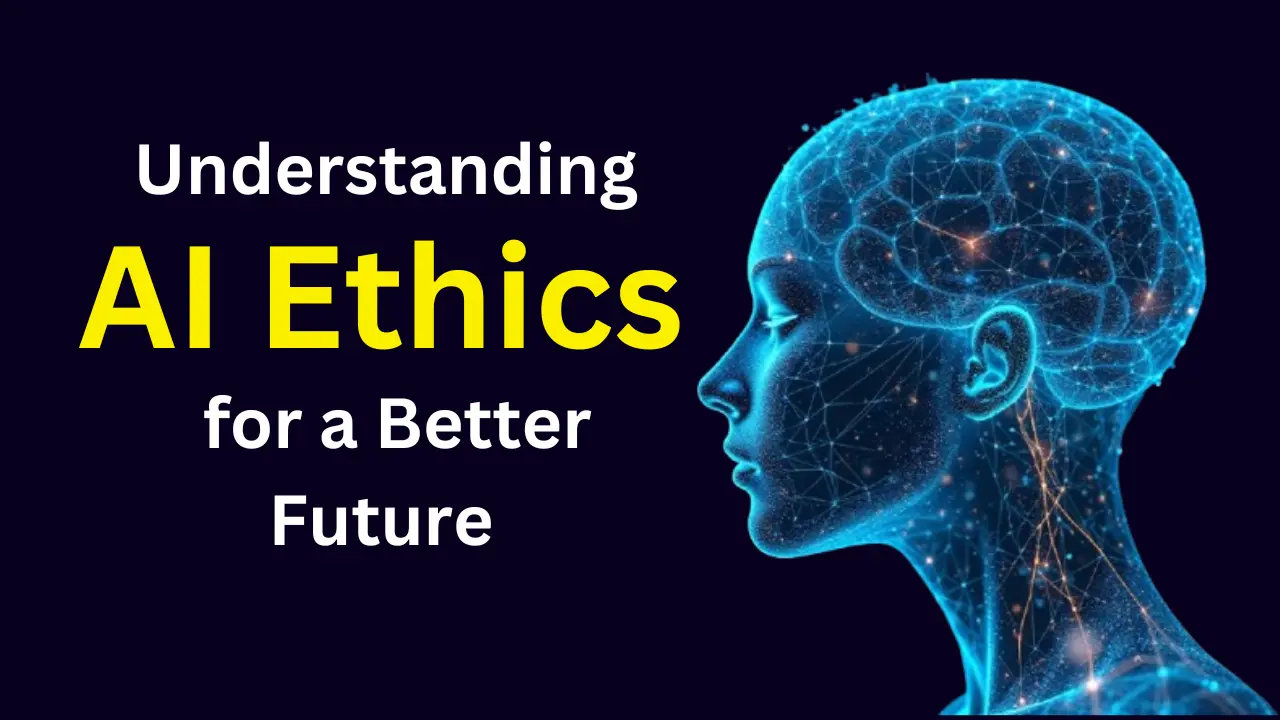Understanding AI Ethics for a Better Future
Artificial Intelligence (AI) is no longer a distant concept confined to science fiction. It is an integral part of our everyday lives, from virtual assistants and facial recognition to predictive algorithms and autonomous vehicles. As AI continues to revolutionize industries and redefine societal norms, understanding AI ethics for a better future becomes not just a priority but a necessity.
The Need for AI Ethics
AI’s rapid adoption brings with it a multitude of ethical challenges. These challenges arise from the potential misuse of AI, unintended biases in algorithms, and its impact on employment and privacy. By understanding AI ethics for a better future, we can ensure that AI technologies are developed and deployed responsibly, minimizing harm and maximizing benefits.
How Artists Can Make Money with AI Technology
The Core Principles of AI Ethics
- Transparency: AI systems should operate in ways that are understandable to users. Transparency ensures that individuals can trace decisions made by AI systems back to their underlying processes.
- Accountability: Developers and organizations using AI must be held accountable for the consequences of their systems.
- Fairness: AI systems must avoid perpetuating biases. Whether in hiring processes or loan approvals, fairness ensures equal opportunities for all.
- Privacy: AI must respect individual privacy by safeguarding personal data and adhering to data protection regulations.
- Beneficence: AI should contribute to societal well-being, prioritizing applications that enhance human life while avoiding harm.

Ethical Challenges in AI
AI ethics is not a one-size-fits-all framework. Different applications of AI pose unique ethical dilemmas. Below are some significant challenges:
- Bias in AI Systems: Algorithms are trained on data that may reflect historical biases, leading to discriminatory outcomes. For instance, facial recognition systems have been criticized for their higher error rates among certain demographic groups.
- Job Displacement: As AI automates routine tasks, millions of jobs are at risk. While AI creates new opportunities, the transition could be disruptive for many workers.
- Privacy Concerns: The increasing use of AI to analyze personal data raises questions about surveillance and consent. How much data collection is too much?
- Autonomous Decision-Making: In critical areas like healthcare or criminal justice, AI’s autonomous decisions could have life-altering consequences. Who bears the responsibility for these decisions?
- Weaponization of AI: The development of AI-powered weapons poses existential risks, making ethical guidelines essential to prevent misuse.
Global Efforts in Addressing AI Ethics
Governments, organizations, and researchers worldwide are actively working to establish ethical guidelines for AI. Initiatives like the European Union’s AI Act and UNESCO’s Recommendation on the Ethics of Artificial Intelligence aim to create a robust framework for ethical AI development. By fostering international cooperation, these efforts ensure that AI benefits humanity while mitigating risks.
How to Create a Paid Newsletter with AI Assistance
The Role of Stakeholders
To ensure a better future through ethical AI, all stakeholders—governments, businesses, developers, and individuals—must play their part:
- Governments: Create and enforce regulations that promote ethical AI practices.
- Businesses: Incorporate ethical considerations into their AI strategies and invest in fairness and transparency.
- Developers: Design AI systems with ethical principles in mind, ensuring inclusivity and accountability.
- Individuals: Stay informed and demand transparency and fairness in AI systems they interact with.
The Way Forward
Understanding AI ethics for a better future involves not just addressing current challenges but also anticipating future ones. As technologies evolve, so too must our ethical frameworks. Continuous education, cross-disciplinary research, and international collaboration are vital to keeping AI ethical and beneficial for all.
Final Thought
AI holds immense potential to improve our lives, but its benefits must not come at the cost of ethical compromises. By prioritizing understanding AI ethics for a better future, we can harness its power responsibly, ensuring that progress uplifts humanity as a whole. Together, we can create an AI-driven future that is fair, inclusive, and truly transformative.


1 Comment